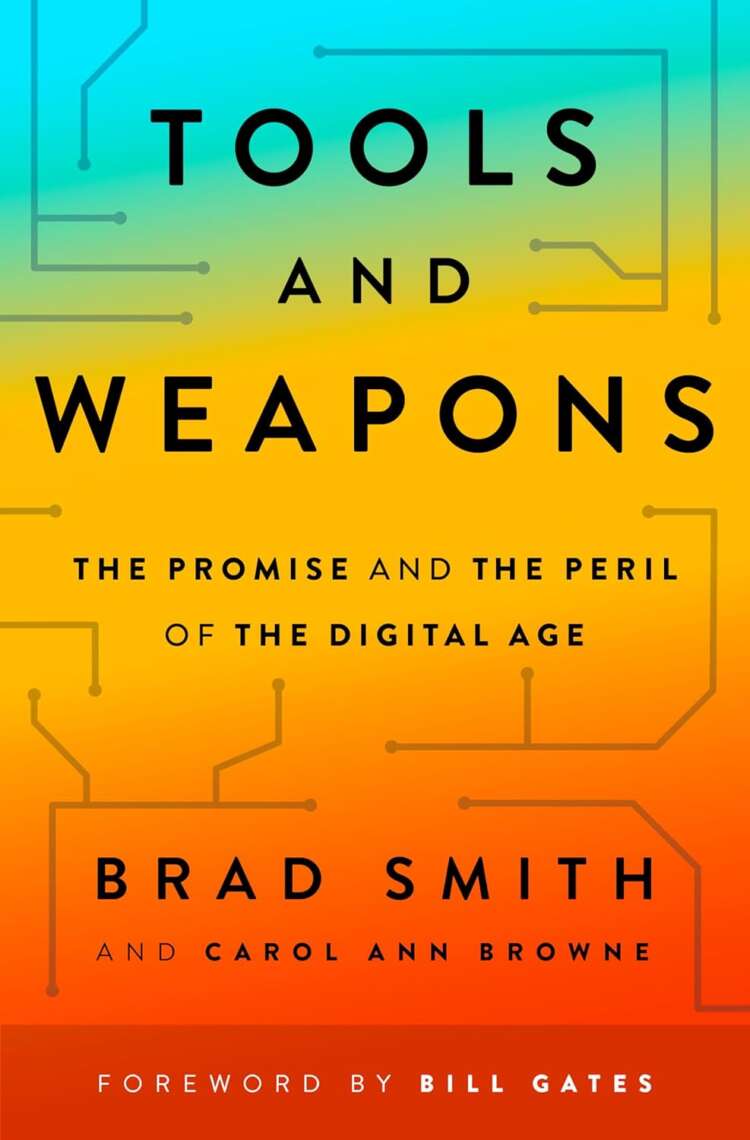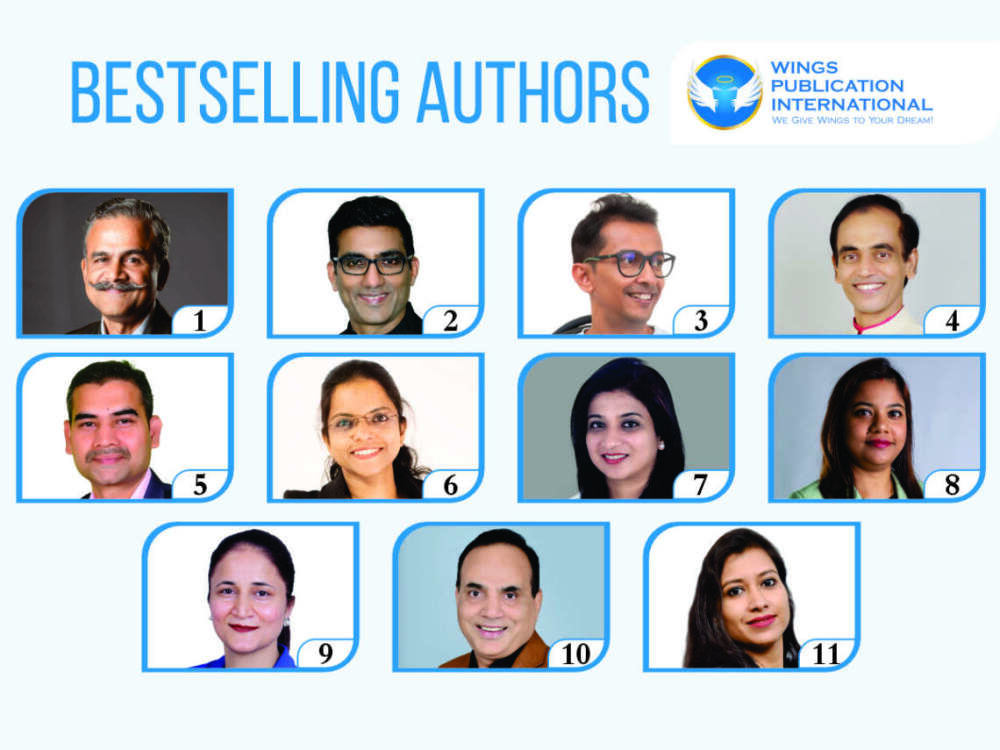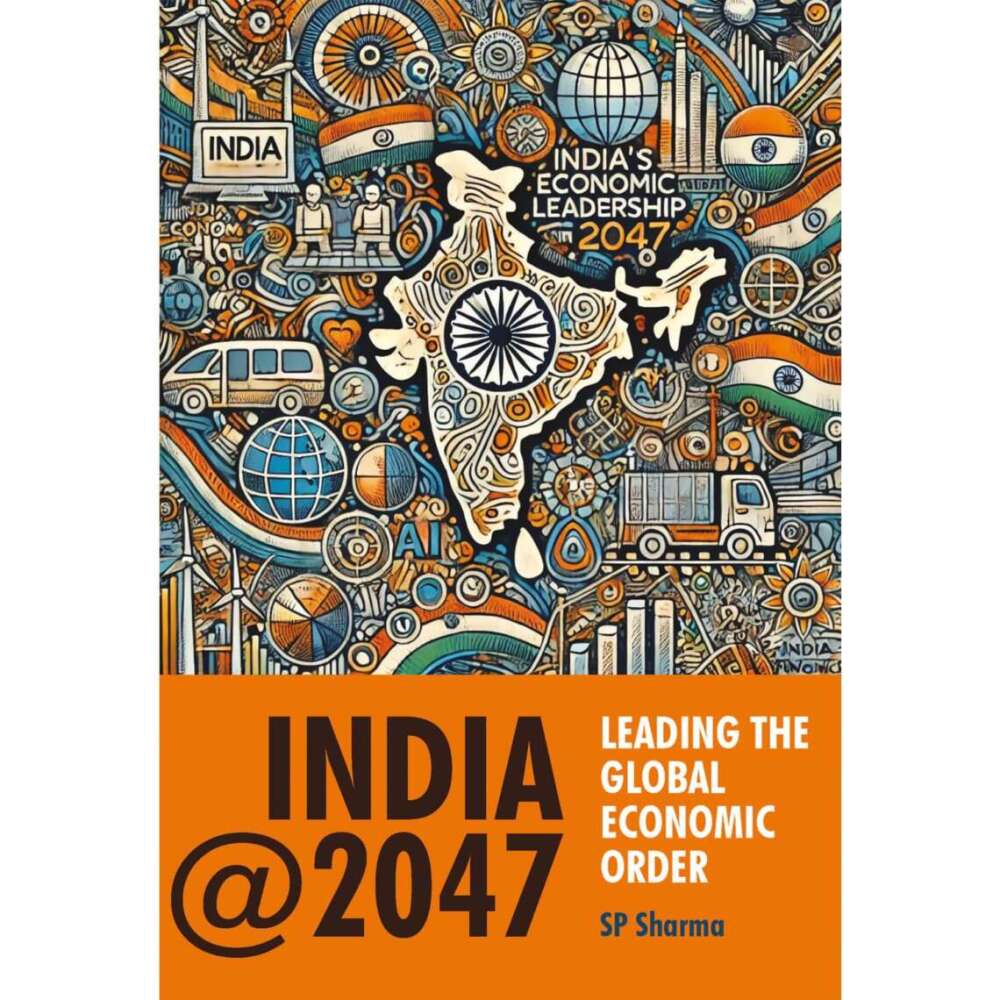Importantly, the book stresses that data sharing must be guided by principles—privacy protection and secure data ownership chief among them. Smith draws inspiration from the open-source movement, advocating for a similar philosophy in how data is handled and shared…writes Nishant Arora
In Tools and Weapons: The Promise and the Peril of the Digital Age, Microsoft President Brad Smith, alongside co-author Carol Ann Browne, crafts a compelling call to action in a world increasingly shaped—and shaken—by technology. Far from being just another tech industry insider’s memoir, the book is a thoughtful exploration of the enormous responsibility tech giants bear in the 21st century.
At the heart of the book lies a central metaphor: data should not be treated like oil—a finite, hoarded resource—but rather like electricity or air—a renewable, essential utility that must be made universally accessible. Smith envisions a digital future where the benefits of data are democratized and responsibly managed, a stance that starkly contrasts with the monopolistic tendencies of some of today’s most powerful tech players.
With increasing global scrutiny of companies like Facebook and Google for data misuse and anti-competitive behavior, Smith argues for a mixed model of government regulation and industry self-discipline. He warns against a laissez-faire approach and draws parallels to the 1930s, when governments recognized that banks had become too central to the economy to remain unregulated. The same, he argues, must now apply to technology companies.
Smith doesn’t shy away from complexity. He acknowledges that while digital innovation fuels progress, it also intensifies inequalities, threatens privacy, and empowers authoritarian surveillance. The book discusses topics ranging from cybersecurity and workforce diversity to AI, global policy, and the fraught US-China relationship, presenting these issues as not just technological challenges but as ethical and democratic imperatives.
Importantly, the book stresses that data sharing must be guided by principles—privacy protection and secure data ownership chief among them. Smith draws inspiration from the open-source movement, advocating for a similar philosophy in how data is handled and shared.
The foreword by Bill Gates highlights the dual-edged nature of big data—capable of improving lives and decision-making but equally capable of infringing on individual rights. Netflix CEO Reed Hastings also notes that while Smith’s ideas may not fix everything, they offer a much-needed foundation for reform.
Perhaps the most powerful message is Smith’s urgent plea: the risk isn’t doing too much—it’s doing too little, too late. With technology racing ahead, the world’s regulatory systems must catch up—fast.
Tools and Weapons isn’t just a book for policy makers or tech professionals. It’s a timely read for anyone interested in how digital power is reshaping our societies—and how we can ensure it serves the many, not just the few.









